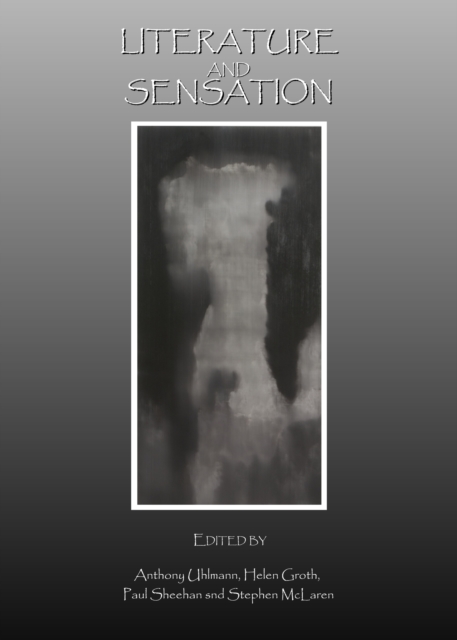
None Literature and Sensation PDF
Edited by Anthony Uhlmann
Description
"I never travel without my diary. One should always have something sensational to read in the train" (Oscar Wilde). Literature has always treated the sensational: crime, passion, violence, trauma, catastrophe. It has frequently caused, or been at the centre of scandal, censorship and moral outrage. But literature is also intricately connected with sensation in ways that are less well understood. It mediates between the sensory world, perception and cognition through rich modes of thought allied with perceptions and emotions and makes sense of profound questions that transcend the merely rational. And at its boundaries, literature engages with the uncanny realm in which knowledge, presentiment or feeling is prior to articulation in words.
This book reviews the sensational dimension of literature according to themes that have too often been left to one side. Literary theory has often privileged perception over sensation, cognition over raw experience, in focusing on semantics rather than sense. The essays in this volume cover literature and sensation in all its facets, drawing upon a range of approaches from evolutionary theory, theories of mind, perception, philosophy and aesthetics. The works considered are drawn from various literary periods and genres, from the nineteenth century to contemporary prose and poetry, including experiments in new media.
Literature and Sensation offers detailed and subtle readings of literature according to the sensations they represent, incite, or evoke in us, and will be of interest to readers of literary theory, ethics and aesthetics, and theorists of new media art.
Information
-
Download - Immediately Available
- Format:PDF
- Pages:340 pages
- Publisher:Cambridge Scholars Publishing
- Publication Date:18/12/2008
- Category:
- ISBN:9781443802529
Information
-
Download - Immediately Available
- Format:PDF
- Pages:340 pages
- Publisher:Cambridge Scholars Publishing
- Publication Date:18/12/2008
- Category:
- ISBN:9781443802529






